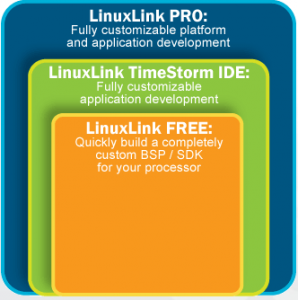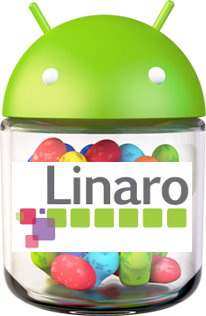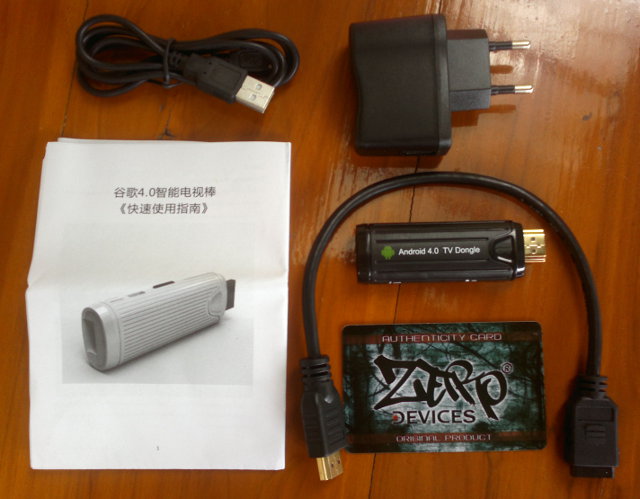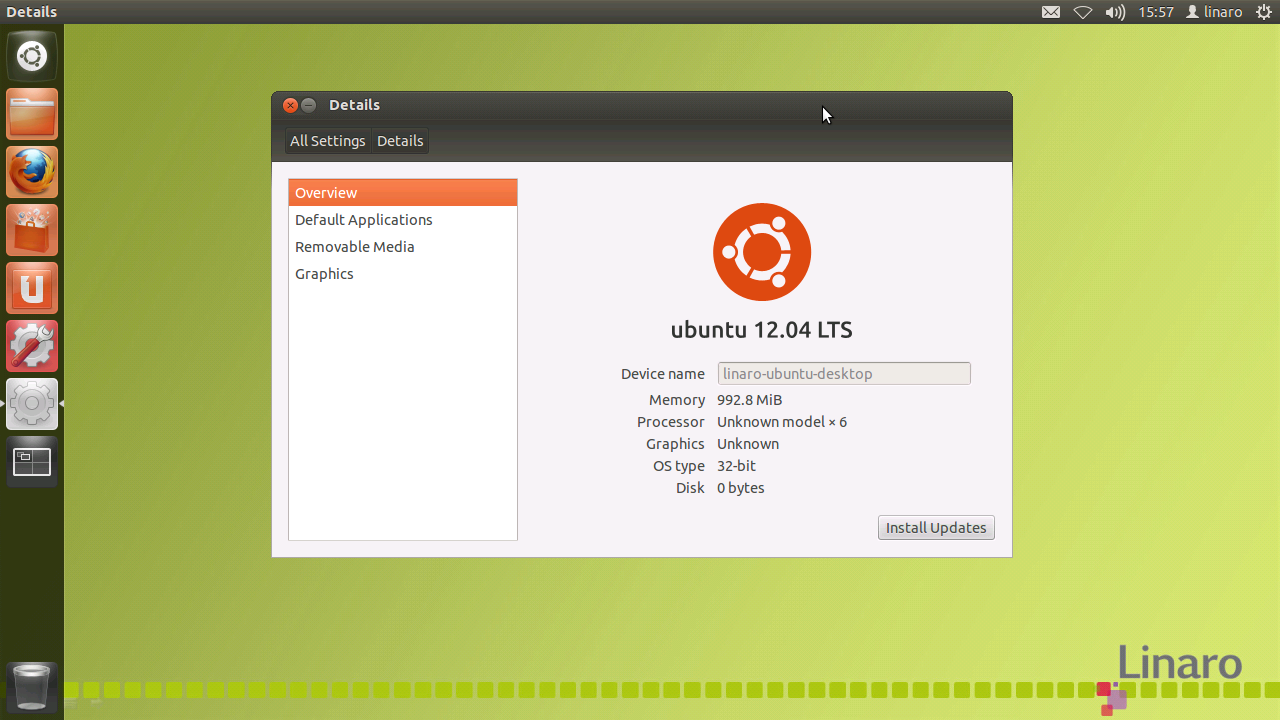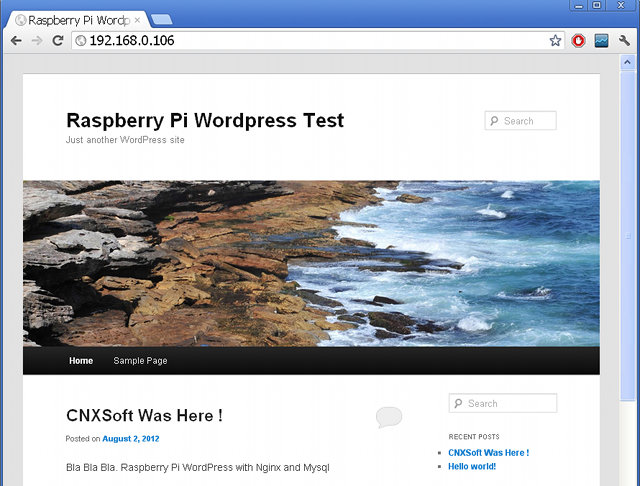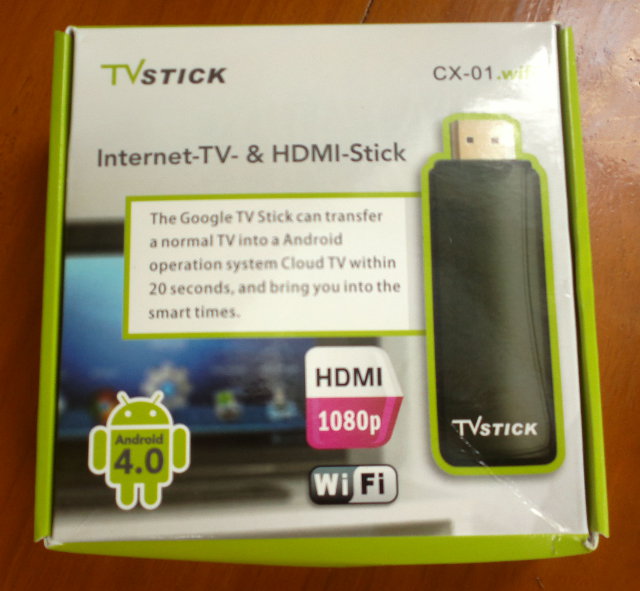Critical Link is an electronics product development company that provides “MityDSP” and “MityARM” System on Modules and Timesys is a software company working on Embedded Linux, which provides LinuxLink, a software development framework for embedded Linux application development. Both companies have partnered to offers LinuxLink BSP/SDK for MityARM-3359 SoM based on Texas Instruments Sitara AM335x Cortex A9 processor. LinuxLink (for MityARM-335x) comes in 2 versions: A free version which includes: A wizard-based interface that simplifies the selection of a Linux kernel, software packages and tools Kernel, toolchain and debugger Access to hundreds of open-source software packages Support by Timesys for build/boot issues. A PRO version (Starts at $5495 per developer) which includes extra “features” such as: TimeStorm IDE – A desktop-based development environment Tools for advanced customization and integration unmetered support Everything is built on Timesys servers, but the web interface makes it quite customizable and offers lots of options […]
Instructions to Build Android Jelly Bean on Pandaboard and Origen Boards
About 2 weeks ago, Linaro showed Android Jelly Bean running on Origen board with hardware accelerated, and last week they provided instruction to build Jelly Bean for the Pandaboard (OMAP4430) and the Origen board (Exynos 4212). Android Jelly Bean for Pandaboard: Pre-build Image and Build Instructions The fastest way to try Android Jelly Bean on the Pandaboard is to download the latest binaries available at https://android-build.linaro.org/builds/~linaro-android/panda-jb-gcc47-tilt-stable-blob in a PC running Ubuntu. For example (12/08/2012): wget http://snapshots.linaro.org/android/~linaro-android/panda-jb-gcc47-tilt-stable-blob/24/target/product/pandaboard/system.tar.bz2 wget http://snapshots.linaro.org/android/~linaro-android/panda-jb-gcc47-tilt-stable-blob/24/target/product/pandaboard/boot.tar.bz2 wget http://snapshots.linaro.org/android/~linaro-android/panda-jb-gcc47-tilt-stable-blob/24/target/product/pandaboard/userdata.tar.bz2 Install linaro-image tools: sudo add-apt-repository ppa:linaro-maintainers/tools sudo apt-get update sudo apt-get install linaro-image-tools Insert an SD card, make sure it is not mounted and flash it with the firmware (Replace /dev/sdc by the corresponding drive in your system): ./linaro-image-tools/linaro-android-media-create –mmc /dev/sdc –dev panda –system system.tar.bz2 –userdata userdata.tar.bz2 –boot boot.tar.bz2 Finally install the graphics libraries: wget http://people.linaro.org/~vishalbhoj/install-binaries-4.0.4.sh chmod a+x install-binaries-4.0.4.sh ./install-binaries-4.0.4.sh Remove the SD card from your PC, and insert it […]
Zero Devices Z900 Android mini PC Unboxing and Review
Zero Devices Z900 HDMI Stick hardware is very similar to CX-01 as it has the same Telechips TCC8925 Cortex A5 processor, 512 MB RAM and 4GB Flash memory. The only key difference is the presence of a microSD card slot which is lacking on CX-01 mini PC. It ships in the same package as Zero Devices Z802 mini PC, and the only difference is the lack of marking to tell the device name. Let’s open the box and see what’s inside. The package contains from top left to bottom right: USB to mini USB cable to connect the power 5V/1A power supply Documentation in Chinese and English mini HDMI to HDMI cable (about 30 cm long) Z900 Android TV Stick Zero Devices Authenticity Card. The Authenticity Card is used to register your device on Zero Devices website and access a VIP area with access to support forums, a download section […]
Ubuntu 12.04 on ODroid-X Development Board
Yesterday, Hardkernel released the first version of Ubuntu for ODroid-X development board based on Linux 3.6-rc1 and Linaro Ubuntu Desktop 12.07. This is still early work, but here’s the current status: Linux Kernel 3.6-rc1 with gcc 4.7.1 Linaro toolchain SMP driven Quad-Core processing PMIC device driver USB 2.0 High-speed Host driver for Exynos-4412 HSIC interface Ethernet + USB Hub device driver LCD display driver HDMI display driver (Very early version and it may have HDMI 1.4a compatibility issues with some monitors) To do: Audio codec driver eMMC device driver Clock control driver 3D HW-GPU X11 driver (This may need couple of months) Power-off support WiFi module is not working with Ubuntu GUI. Hardkernel Wi-Fi module is not working due to missing driver There are 2 images: one for LCD display kits, one for HDMI output that can be downloaded via: BitTorrent – One file with both images? Very slow for […]
15 Linaro OnAir Sessions about Android, Linux, Debugging and Software QA
Linaro has planned 15 virtual conferences between Monday, August 13 and Saturday, August 18, 2012. Those online events will deal with the work done at Linaro, including software optimization, software QA, Android and Linux kernel development, Open Embedded on ARMv8 and more. Those conferences are public and anybody can join. All times indicated below are GMT+07:00 (Bangkok), so you can either mentally convert the time (recommended), or click on the links below to get the date and time in your timezone. Exploring The Performance Impact of PGO and LTO on ARM– Mon, August 13, 5:00 PM Abstract: Profile guided and linked time optimisation (PGO and LTO) are two of GCC’s cross program optimisations that should improve both the startup and runtime of typical programs. We know that they basically work on ARM but don’t know the potential speed up or the work involved in proper support. This session will cover […]
WordPress for Raspberry Pi using Nginx and MySQL
I’ve been wondering how the Raspberry Pi would handle WordPress. I’ve found some instructions using Apache 2, but this may not be the best server to use for this type of low-end hardware. nginx server requires less resources, and as it is what I already setup for this blog, I decided to give it a try on the Pi. I’ll provide all the detailed steps I followed below, but you can also download the compressed SD card image (113 MB), uncompress it and copy it to an SD card the usual way. After the system boots, find your Raspberry Pi’s IP address, type it in your PC’s browser, and you should see the page pictured below. If you want to login to the dashboard, the username is “admin” and the password “raspberry”. Instructions to Install WordPress on Raspberry Pi You can use your default Debian Linux distribution (e.g. Raspbian) if […]
$40 CX-01 mini PC Unboxing and Review
I’ve just received the CX-01 Mini Android PC I ordered 3 weeks ago on Pandawill website using Togetho.ru group buy coupon and paid $41.89 as I selected “Singapore Post” shipping option. Today, I’ll post some unboxing pictures and provide a review of this tiny and cheap device. I received the device in the box below. The device characteristics are listed on the back on the package. Telechips TCC8925 does not support 1 GHz (max 833 MHz), and I’m unable to play some of the video container format listed, but more on that later. You’ll just find the TV Stick and a microUSB to USB cable to power the device in the package. Now let’s connect it to the TV. The device can plug neatly into on the HDMI port of my HDTV (Samsung LA328450), and it’s powered by the TV’s “USB service” port. $40 is a low price to turn a […]
AnDevCon IV Classes and Workshops Schedule
AnDevCon is a technical conference for software developers building Android apps, and the fourth Android developer conference will take place in San Francisco on December 4-7, 2012. The organizers have already listed the schedule, including details about the workshops and classes which will take place at the conference. The 4th of December is reserved for workshops, and the other 3 days can be spent on shorter classes. All workshops will provide sample code, as well as most classes, excluding the overview session and business related sessions. There will be three full day Android workshops: Android Development Boot Camp – Hands-on introduction to Android application development and the tools essential to the process. Beyond an introduction to the basics, this workshop also covers some of the common hurdles met with development, and how to overcome them. You will also have the opportunity to build an Android app of your own where […]


